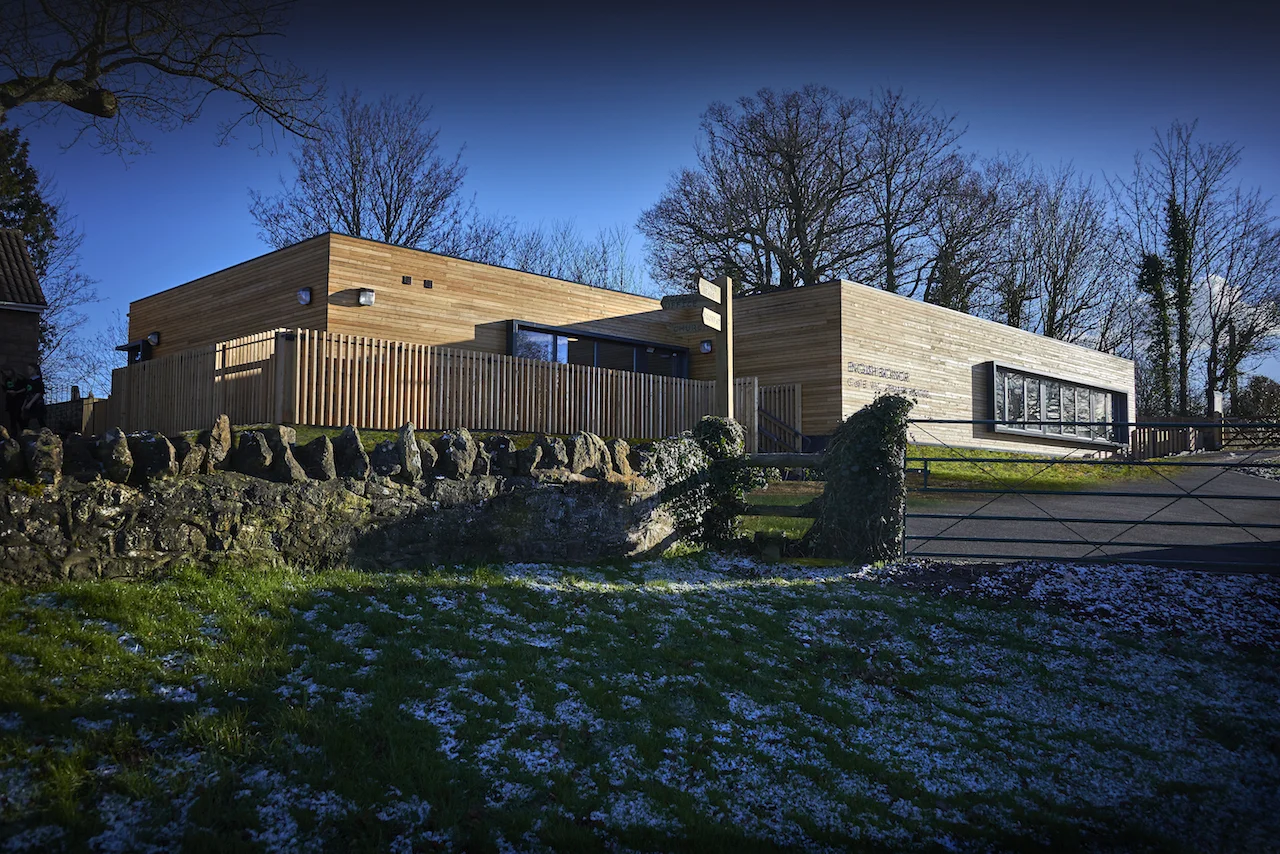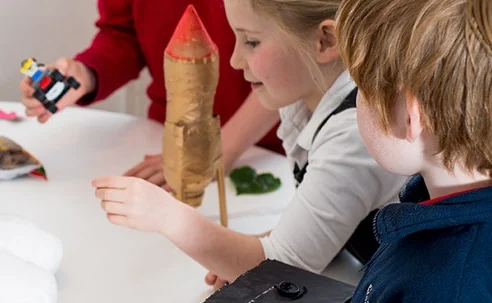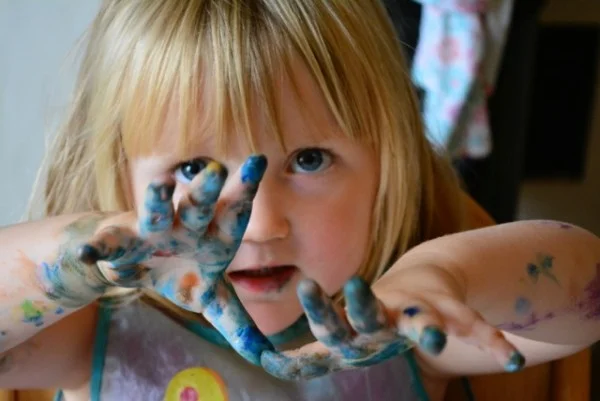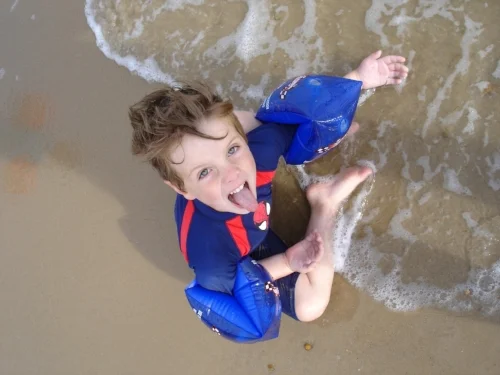This week‘s Creative Care Package highlights the plethora of incredible arts and cultural activities still happening despite Covid-19. It pays tribute to the depths of care, connection and community that the arts can reach beyond our limitations, and it celebrates 18 years of the Earlyarts network before, sadly, its final closure. Dive in and enjoy!
This week‘s Creative Care Package brings a wealth of inter-cultural arts and creative opportunities as well as some more challenging pieces to help us stop, listen, think and act towards antiracism. Please do share and enjoy trying them out for yourselves at home or at school.
This week‘s Creative Care Package explores another incredible range of arts, cultural and creative activities that many organisations are offering for free. Which is pretty amazing considering many of them know now that they will not survive this pandemic. Please do share with families, friends and colleagues. One day soon we will miss all these amazing offers, just like, right now, we miss our friends and family.
This week ‘s Creative Care Package has some gorgeous activities to try out. I reveal the impact the word ‘vulnerable’ is having on, well, people who are vulnerable, and ask if we can call them valuable instead. Please feel free to share so that we can reach as many families and teachers as possible!
This week ‘s Creative Care Package brings a new selection of arts, cultural and creative activities to try out at home. I reflect on how we can use creativity to cope with big emotions and invite you to try them out with me. Please feel free to share so that we can reach as many families as possible!
This week ‘s Creative Care Package includes a bumper crop of carefully chosen arts, dance, museums, story and music activities. I offer a personal story about why this all matters to me, and hope that we can find new ways of supporting each other’s creativity in our post-covid world, whatever that might look like. Please feel free to share so that these creative hugs can reach as many families as possible!
This week we bring you a super Easter package bursting full of creative activities, hopefully enough to last till bedtime every evening! Grown-ups beware - these activities may become rather addictive as you roll your sleeves up and get stuck in! We hope you enjoy them.
In this strange old time, I am gathering some strange old resources - ones that are a) lovingly made by artists and cultural organisations, b) for early years and c) encourage creative processes. These will hopefully add a little spice, ingenuity and curiosity to yours and your children’s lives in the coming weeks.
In this strange old time, I am gathering some strange old resources - ones that are a) lovingly made by artists and cultural organisations, b) for early years and c) encourage creative processes. These will hopefully add a little spice, ingenuity and curiosity to yours and your children’s lives in the coming weeks.
The proposed reforms to the EYFS seem to be more prescriptive than before and, in Expressive Arts and Design, limited to developing arts skills as opposed to children’s broader cultural and creative development. Ruth Churchill Dower discusses how the EYFS has been designed and how the reforms could go further to help promote creative, emotional and social attunement, celebrate multiple cultural identities, and better reflect the contemporary and diverse home learning contexts children are growing up in.
During my PhD research, I will be exploring how young children who cannot speak are situated in ways that oppress their embodied expression due to the dominant grand narratives and empiricist forces at work (Roberts-Holmes, 2015), researcher positionality, theoretical standpoints and relevance of methodologies.
The current educational climate provides an environment which privileges cognitive knowledge over any other form of knowing, the assessment of which is largely documented through written form either by children or by adults on behalf of children. Teachers are encouraged to look for the holes in each child’s knowledge, as opposed to the whole of their being and knowing, and to measure this using language as opposed to any other form of sense-expression which might speak to a young child’s expertise.
Could you distinguish between a child that has a right to education and one which doesn’t? Meet Nyima, a young girl from a remote nepali community, whose family identity is not recognised or given any right to belong in their community. Hear her story of being released from total social oppression into an education and a future.
In this blog Earlyarts Director, Ruth Churchill Dower, explores how the arts can enable young children with selective mutism to communicate by connecting brains and bodies in new and creative ways and how a new PhD research programme will explore the impact of different art forms on early brain development.
Renowned theatre-maker, Amelia Bird, highlights the importance of rigorous research to demonstrate how their Speech Bubbles programme has a 'statistically significant impact on children’s spoken language, storytelling and social interaction abilities'.
This blog is a reflection on the Songbirds music and health project that took place in Manchester, as part of a series of contributions from medical, musical and play practitioners.
bOing! International Family Festival is an annual celebration of theatre and dance at the University of Kent, Canterbury where, this year, Oily Cart theatre director, Tim Webb will be leading a debate on the quality of young children's theatre.
Children who grow up in creative environments develop high functioning brains & bodies according to neuroscience research on early brain development collated in this article.
Learning through play provides opportunities for children to make sense of their world, discover solutions to problems, build confidence & become creative thinkers.
Young children learn through play, their senses & by doing. Active sensory experiences develop their thinking, language, imagination, speaking & listening skills.
Don't you agree that the best teachers are the ones who know how to make sense of the world? They know how to capture a child's heart as well as their mind, and how to nurture those magic moments when imaginations go wild! They give whatever it takes so that a child really gets it, feels valued and respected, wants to do their very best and thrives, no matter what the odds are against them.
In this blog, eco-designers Pod Space highlight how much the environment impacts on learning.
Dr Linda McGuigan, Honorary Senior Research Fellow and Independent Consultant at the University of Liverpool discusses the importance of finding out children's ideas as a step to helping them make progress.
David Harradine, Co-Artistic Director of Fevered Sleep, reflects on the creative potential and the politics of working with children, as co-creators, collaborators and audiences.
In my webinar interview for Earlyarts I spoke about the power of stories in our lives. Stories are so much more than books we share with children at bedtime, they are powerful tools. Through stories we shape and share our identities, effect change, connect with others and learn about the world and who we want to be within that world.
Last month I was the invited guest speaker on the Earlyarts webinar. This piece is a response to the online discussion I had around the considered topic 'Can Dance Help Children to Become School Ready?' This blog is intended to extend some of those important discussions further.
Daniela Miscov and Jain Boon write about the time they met and how laughter helps bond different cultures.
Clare Farion from Stoke Hill Infant and Nursery School explores the development of communication through movement and dance.
Anna Daly from Primed for Life tells Earlyarts about children's fluency in the language of movement and why we should not undermine their innate knowledge and skills to move and interact with their environment.
Earlyarts Director, Ruth Churchill Dower, discusses how adults can explain acts of terrorism to children.
Lindsay Ibbotson, Music Leader on NYMAZ Early Years Steering Group talks about how music and singing can be used to develop communication skills.
Lucy Williams, Principal Officer in the Early Childhood Unit at the National Children’s Bureau (NCB) and visual artist talks about her involvement in the 'Making it REAL' project.
'It’s abstract Mummy, art can be anything you want it to be.’ my five year old declared as she presented to me her latest drawing. What a perfect age, completely open to the artistic process whereby a piece of work can provoke ideas and thoughts that are not predetermined by life experiences and contexts. Art to her is simple – it fuels her imagination.
Lisa Terreni, Senior Lecturer at the Victoria University of Wellington’s Faculty of Education, teaching in the early childhood education degree programmes, discusses the use of clay and how it can help children express themselves.
Federico Albiero from i-Theatre talks about how important it is to nurture young children's imagination and why is it so important to our lives and development.
Ammie Flexen, ceramic and early years artist, has been 'Clay Training' at Eureka Nursery and here she describes how using clay can help young children's development.
Earlyarts Director, Ruth Churchill Dower, talks about how important the skill of listening is in engaging your audience whether it be children, policy-makers, creative practitioners, teachers or parents.
Read Ruth's latest blog about her unfortunate experience during her recent camping holiday and the thoughts that it provoked.
Emma Hutchinson, Director and Founder of Music House for Children, discusses the ways in which music can make enhance a young child's development.
In this month's blog, MakeBelieve Arts Founder Trisha Lee explains how the Helicopter Approach encourages communication and language development in Early Years Children.
Our Guest Blogger, Mat Andasun, creator of Mr Mangle's Magical Music Factory, talks about his fascination of the use of technology in music.
Earlyarts Director, Ruth Churchill Dower, gives us her thoughts on the proposed (and actually quite radical) improvements to the Welsh curriculum.
Virginia Radcliffe, Artistic Director/Chief Executive, Licketyspit Theatre Company 2015 talks about how learning to listen and engage with early years children has informed her approach to creating early years theatre.
Dr Andrew Manches, director of the Magic Cloud and the fabulous PlayTalkLearn Numbuko maths blocks, discusses the role of technology in young children's learning.
Ruth Churchill Dower, Director of Earlyarts, reviews Spitalfields Music's Musical Rumpus: Catch a Sea Star, and talks to their musical director, Sam Glazer, about the importance and impact of opera for babies.
Annie Berrington, Director of Get Out More, talks about the power of learning outdoors to generate well-being through positive experiences.
Music education expert, Ben Sandbrook, explores what progression looks like in children’s musical journeys.
Our International Guest Blogger, Dr Efthymios Papatzikis writes about the effect of music and sound and how it can help a new born baby's development.
Den Maker and Community Artist, Graham Marsden, explores the most successful approaches to den making, and the positive impacts this has on young children's learning.
The third in a series of reviews of early years theatre by Earlyarts Director, Ruth Churchill Dower, focussing particularly on how children's opera makes a difference
The second in a series of reviews of early years theatre by Earlyarts Director, Ruth Churchill Dower, exploring how children's theatre makes an impact on their ability to form and recall stories.
Emma Pace, Director of Newcastle's recycling centre, the House of Objects, talks about how well chosen, intelligent materials, can really spark a child's imagination, learning and skills.
The first in a series of reviews of early years theatre by Earlyarts Director, Ruth Churchill Dower. highlighting the impact of storytelling and the magic of theatre on young audiences.
Teacher Tom Hobson, preschool teacher at Woodland Park Co-operative Preschool, talks about the challenges and benefits of working for 20 parents acting as your boss.
Thom Browing, Associate Artistic Director at Australia's Imaginary Theatre, discusses how non-verbal approaches to theatre can significantly enhance young children's engagement and language.
Drama Worker, Theatre Writer and Director, Peter Wynne-Willson, talks about the power of play to unlock children's imaginations.
Anna Daly, Founder of Primed for Life and Dancewell, explores the future options available for our children if the arts are not part of the core curriculum.
Natasha Holmes, Artistic Director of Tell Tale Hearts, looks at children's theatre in Cairo and the effects of the political unrest on theatre for young audiences.
Daniela Miscov, director of Artelier D in Bucharest, Romania, shares her thoughts on why small children need stories.
Earlyarts Director, Ruth Churchill Dower talks about the future for dance in Early Years and how it should be a fundamental part of every subject in the curriculum
Earlyarts Director, Ruth Churchill Dower, looks at what we really want for our children's future and where the concept of love comes into early education.
Emily Jones, co-author of Earlyarts Creative EYFS teaching packs, talks to Ruth Churchill Dower about how the natural environment stimulates our natural creativity and how we can nurture this in our every day practice with young children.
Our very own Ruth Churchill Dower tells us about how old technology can help release children's imaginations. Including a cassette recorder, a karaoke machine and a very personal trip to Skipton Castle.
Earlyarts Director, Ruth Churchill Dower, discusses her experiences at one of Spain's largest contemporary art centres and tells us why they are recognising the importance of influencing children's environments and experiences from birth.
Daniela Miscov, director of Artelier-D in Bucharest, provides insight into the most important early years creative projects and the changes currently happening in Romania.
Orla Kenny from Kids' Own explores what the artist brings that is unique to the early years setting, focussing on the difference between art and play, and what added value the arts brings to a child's development and learning experiences.
Music Education Consultant, Ben Sandbrook, reports on the progress made by the Early Years Strategic Roundtable.
Earlyarts Director, Ruth Churchill Dower, responds to recent comments by Childcare Minister Elizabeth Truss in the Guardian and outlines why they could lead to a shift from the three Rs back to the three Ss.
June O'Sullivan, CEO of London Early Years Foundation (LEYF), shares an experience of a young girls musicality and what we can learn professionally from a rendition of Adele's, 'Someone Like You'.
Daniela Miscov of Artelier-D in Bucharest, explores what children need and how we can document their needs better when we engage with them in an artistic and creative way.
Ruth reflects on the ten most poignant moments of 2012 for Earlyarts. Its hard to believe so much actually happened in only one year and, in fact, it took a while to narrow them down! But we got there in the end. Grab a cuppa and enjoy our best 10 moments.
The final blog post in the Earlyarts UnConference quality series is an engaging discussion with Head of Children's House Montessori Nursery, Nathan Archer.
Earlyarts continues to explore the importance of quality with Jo Belloli, Associate Producer for early years at Polka Theatre.
Earlyarts continues its exploration into the world of quality in early years creativity with an engaging Q & A with London Early Years Foundation (LEYF) CEO and Earlyarts board member, June O'Sullivan.
Earlyarts continues its exploration into quality in early years creative practice with an in-depth interview with Creative Minds Yorkshire Ltd's Creative Consultant Sarah Gordon.
Earlyarts talks to early years consultant and UnConference delegate Geraldine French who gives an insight into her views on quality, why it's important as well as ideas derived and advice for others post UnConference.
Part Two of my experience at Tate Modern for the Worlds Together conference, focussing on the key messages from Baroness Estelle Morris, Carlina Rinaldi, President of Reggio Emilia, and Steve Seidel, Director of Project Zero at Harvard University.
I am basking in the glow - not just of my summer holiday (which was fantastic and made a long-held dream come true - more of which later), but of spending three days being inspired by some of the most beautiful examples of imagination that I've experienced in a while.
In Ruth Churchilll Dower's latest blog she looks at a few highlights from the latest bits of life attending a whirligig of recent events on the leadership road.
In this month's blog, Ruth Churchill Dower discusses the implications for the arts in education of Henley Review of Cultural Education.
Ruth's latest blog discussing communication between parents and babies and how children's communication environment influences language development.
A review of the Theatre Educators Forum at Nottingham Playhouse by Ruth Churchill Dower, Director of Earlyarts.
Earlyarts Director, Ruth Churchill Dower, talks about her experiences of early brain development and how we can facilitate more meaningful experiences for babies through creative learning environments.
Ruth Churchill Dower reveals what the underlying message is using the most common words in the revised EYFS.
What is at the core of the New Primary Curriculum? Ruth Churchill Dower explores how creative this curriculum might actually be for schools in the future.
With the Good Childhood inquiry being debated in the higher echelons, Ruth discovers that it even plays out abroad during a meal at an Italian family pizzeria.
It might look like I have inserted this back to front, but no! This was a picture I found recently of a dinosaur drawn by my daughter Chia when she was 3...
























































































Those of you who have been following my PhD journey have asked to see the research proposal. So here it is. Bear in mind it is written in a particular language to reflect the philosophical frame I will be engaging with (posthumanism and new materialism) and yes, it does stretch the mind somewhat! But it is also the closest and most authentic framework I have ever come across for researching how children are.